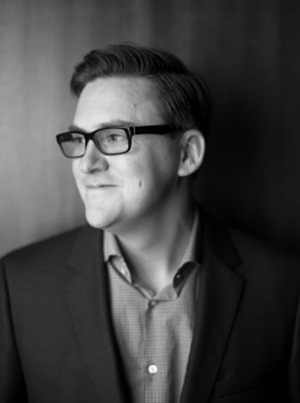Top 3 Work-Smart Books: Essentialism by Greg McKeown and the Disciplined Pursuit of Less
Last week we discussed how to understand the essence of the classic 7 Habits by Stephen Covey. This week we will immerse in a timeless concept written under the context of the 21st century – Essentialism. While the 7 Habits remains my all time holistic guidebook on developing characters and effectiveness, Essentialism by the New York Times Best Selling author Greg McKeown offers depths in one specific area: how to live a more meaningful life and lead a more impactful organization by pursuing less.
My obsession with the notion “Less is More” led me to McKeown and his self-invented concept of Essentialism and Essentialist. Essentialism is a way of life in which one focuses his total energy to only a few essential and ruthlessly discern any other things.
We can all intuitively agree with the importance of focus. However, very few can make it a way of life, especially in this hyper-connected world with abundant opportunities.
McKeown puts “essentialism” under a microscope, through the lens of this century, analyzes the inside out of it, collects examples from prominent business leaders, and creates a road map for us to begin.
The way of essentialism is achieved through 4 steps:
1: understand core mindset of an essentialist, in contrast with non-essentialist
2: identify the vital few and discern the trivial many
3: cut off the trivial many with grace
4: make executing the vital few effortless
These 4 steps form 4 distinct parts of the book - Essence, Explore, Eliminate, Execute - each is elaborated with inspiring examples, interesting findings, and simple practices.
The wisdom in this book is both timeless and timely.
I've read countless CVs that resemble monkeys jumping from one shiny banana to the next - acquiring superficial experiences, with the absence of depths and breakthroughs, because their owners didn't care to figure out, and didn't dare to choose.
I've worked with leaders who diminished the team's impact by spreading members' energy in dozens of initiatives. Thus, the team inched forward, a millimeter at a time, in dozens of direction. Exhausted, frustrated, yet unable to breakthrough.
Having been in non-essentialist rehab myself, I assure you the transformation is tough. Our brain loves new stimuli. It loves trying out the next shiny banana. However, once your awareness is lifted, you will see things you do and your team does each day under new light. Gradually, you will breakthrough their layers of fat and recognize triviality.
Essentialism in the narrative of McKeown will help ambitious young people, who is dabbling through the first tide of their ocean; who lacks of direction yet have too much energy to spend; who has the skills to do but not the patience to think, overwhelmed and flattered by various "opportunities"; who labor to accomplish unknowing what those accomplishments are for.
Essentialism is an eye-opening read and re-read in its entirety. Very few of us spend out life solving well the Impact/Effort math. We sacrifice physical health, peace of mind and relationships to climb the ladder. One day, emerging at its top - if we ever emerge at all - as a burn sacrifice, only to realize that "the ladder is leaning against the wrong wall," in the words of Stephen Covey.
Essentialism, more than a book, is a startling reminder that we have a choice, as McKeown powerfully puts it:
The ability to choose cannot be taken away or even given away—it can only be forgotten.
We have the potentials to become many great things. Because we fear choosing wrongly, we try to pursue everything "just in case". And our life, our business, our work is doomed by mediocrity. Greatness demands us to exercise our choices.
"What will I do for the rest of my life?" is not an important question. It's better to ask yourself: "What would I do NOW, if money isn't the objective?" If you have an answer to it, and is emboldened enough to do it regardless of what others think or say, everything will change. You will "dream for a living", like the legendary director Steven Spielberg:

Dreams always come from behind you not right between your eyes…. It doesn't often come at you screaming in your face "This is who you are. This is what you must be for the rest of your life". Sometimes the dream almost whispers…. So you have to every day in your life be ready to hear what whispers in your ears. … And if you can listen to the whisper. And if it tickles your heart. ... Then that is going to be what you do for the rest of your life. And we will benefit from everything you do.

Couple this read with other read on BookWorm Wednesday
Come back next Wednesday for more!



